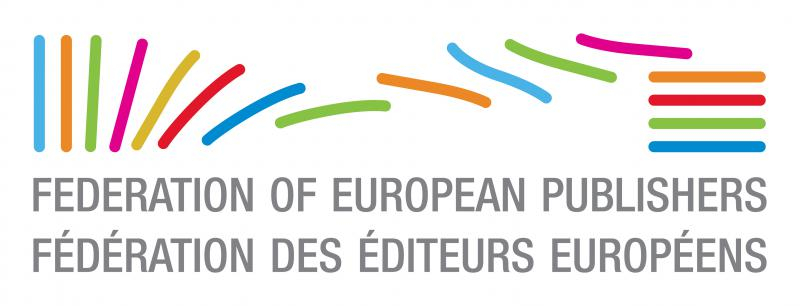You will remember that in 2019, the EU adopted its Copyright in the Digital Single Market Directive (better known as DSM) with two provisions dealing with text and data mining. Four years ago, these two provisions were seen as the baseline of EU legislation when it comes to AI (answering a parliamentary question, Commissioner Breton said “the DSM introduces exceptions covering text and data mining (TDM) that are relevant in the AI context”). These exceptions provide a balance protecting rightholders through lawful access and possibility to opt out. Since the Commission released a draft AI Act. This was before Chat GPT appeared in our lives. This new technology brings opportunities and challenges which urge a regulatory environment. The co-legislators, Council and Parliament, are reviewing the proposal. The EP added safeguards notably on transparency with regards the datasets AI processes. FEP insists that a mere summary of the sources is not sufficient. We are asking for detailed inventories allowing publishers to ensure that no illegal offers were used nor that AI abused the exception for non-commercial research. AI rules should not be different of personal data rules: “lawfulness, fairness, transparency”.
Respect copyright in Europe but also all over the world; the Commission recently published its biennial Report on the “Protection and Enforcement of Intellectual Property Rights in third countries” which identifies so-called ‘priority countries’ in which the state of IPR protection and enforcement is a source of major concern. This report allows the executive body to concentrate its efforts and resources on the particular areas of concern in these countries. China remains the top priority country for the EU, whereas India and Turkey continue to be priority 2 countries. Argentina, Brazil, Ecuador, Indonesia, Malaysia, Nigeria, Saudi Arabia and Thailand are still priority 3 countries. The full report can be downloaded here: Report on the Protection and Enforcement of Intellectual Property Rights (IPR) in third countries
Last but certainly not least, the Parliament is set to adopt an own-initiative report on the European book sector. In the EU, as only the European Commission has the power of initiative, this type of report is purely suggesting measures, yet they can be further used to push legislations at EU and national levels. While we write these lines, the report calls to recognise books as essential goods and take measures to promote reading, support R&D in publishing including to support sustainability and accessibility, support translation, ensure a vast network of bookshops and increase the budget of libraries, etc. All policies supporting the ecosystem can find their ways to the report except copyright for which the Culture Committee has no competence. MEPs are currently drafting amendments and the Rapporteur, MEP Tomazs Frankowski aims at having the text adopted early Fall. FEP will be happy to report in the coming months on the outcome of the report.
Our thanks to Anne Bergman-Tahon, Director of FEP, for this report.

